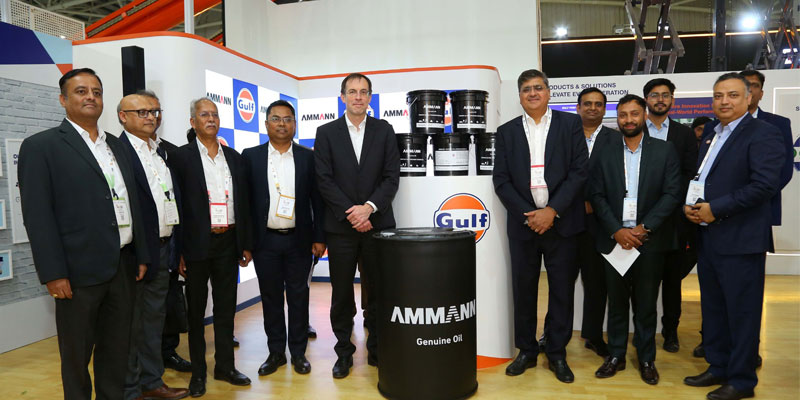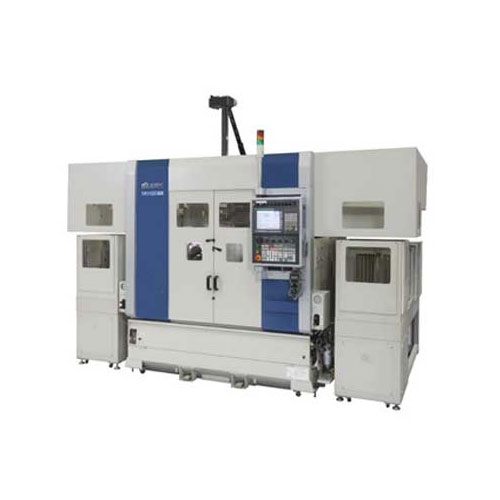Schedule a Call Back
India's Draft National Robotics Strategy Seeks Public Input
 Industry News
Industry News- Sep 08,23

Related Stories

Building the Future of Indian Manufacturing Through Automation
Make in India, industrial automation India, smart manufacturing, AI in manufacturing, Industry 5.0 India, manufacturing GDP growth, robotics and automation, Aatmanirbhar Bharat, Prateek Jain, Addver..
Read more
Gulf Oil Expands OEM Tie-Ups in Construction Lubricants
Gulf Oil Lubricants India Ltd has forged OEM partnerships with ACE – Action Construction Equipment Ltd, Ammann India and XCMG to deliver application-specific, high-performance lubricants for India..
Read more
Capital-A Leads Rs 18 Mn Seed Round in Aerospace Deep-Tech Startup Misochain
Capital-A has led an Rs 180 million seed round in Misochain Technologies to scale indigenous, flight-critical aerospace components for defence, UAV and global aviation platforms.
Read moreRelated Products

Compact Fmc - Motorum 3048tg With Fs2512
Meiban Engineering Technologies Pvt Ltd offers a wide range of Compact FMC - Motorum 3048TG with FS2512.

Digital Colony Counter
Rising Sun Enterprises supplies digital colony counter.
Robotic Welding SPM
Primo Automation Systems Pvt. Ltd. manufactures, supplies and exports robotic welding SPM.















